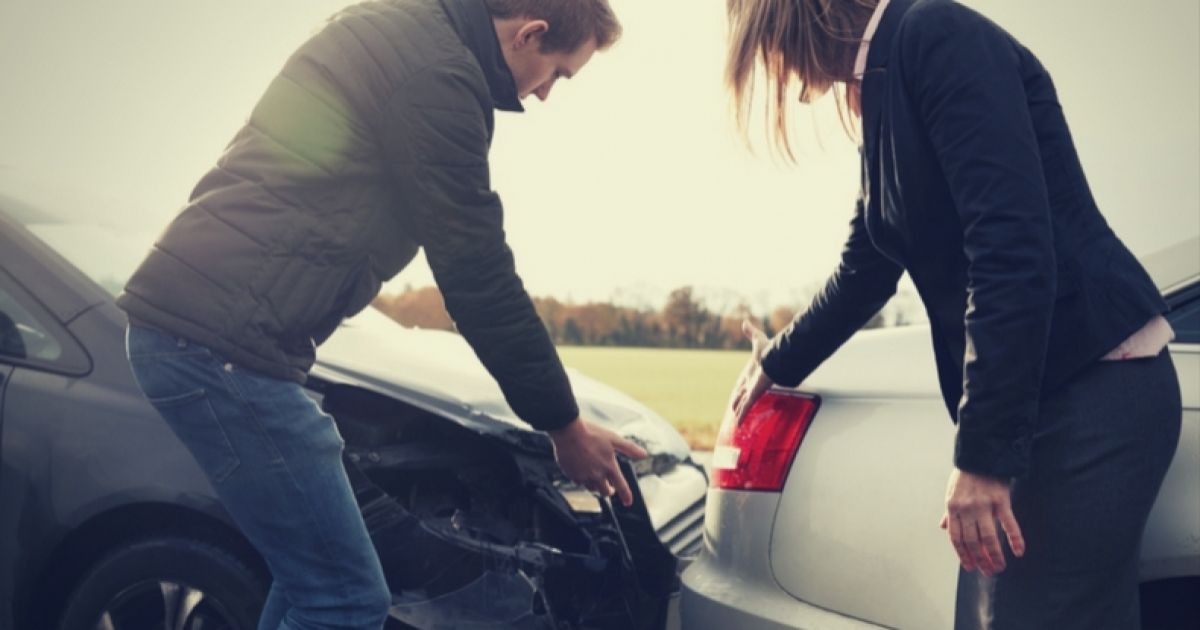Our car was involved in a collision (whilst parked in a car park). The third party hit the drivers rear side of our E200 and pushed it sideways into another vehicle. The car was undriveable and after a few hours, visibly low to the ground. After turning the ignition on we got the message ‘levels rising, please wait’.
Mercedes have examined the car at the request of our insurer and claim their diagnostics show the suspension was damaged 115 miles before the accident. Our insurer is therefore refusing to repair the suspension. Mercedes have refused to produce a copy of the report saying it is a protected document.
We don’t know where to turn. It is 100% clear to us that the damage was caused in the accident. We have photos of the accident scene (involving 6 cars) and the extent of the damage.
Our next step is the Ombudsman but meanwhile we are without a car.
Is there anyone who has found Mercedes diagnostics to be wrong/inaccurate?
Mercedes have examined the car at the request of our insurer and claim their diagnostics show the suspension was damaged 115 miles before the accident. Our insurer is therefore refusing to repair the suspension. Mercedes have refused to produce a copy of the report saying it is a protected document.
We don’t know where to turn. It is 100% clear to us that the damage was caused in the accident. We have photos of the accident scene (involving 6 cars) and the extent of the damage.
Our next step is the Ombudsman but meanwhile we are without a car.
Is there anyone who has found Mercedes diagnostics to be wrong/inaccurate?


